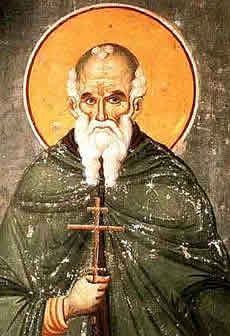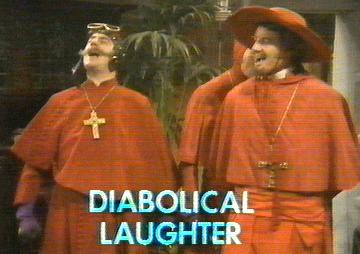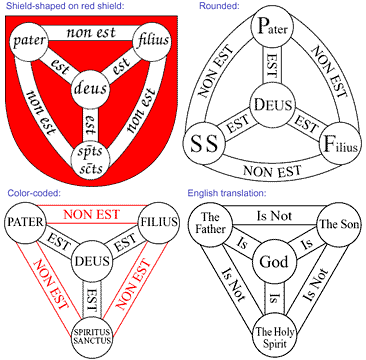The Orthodox Formulas 4: The Council of Toledo (675)
Skipping ahead a little, here’s a little council that is sometimes mentioned in recent trinitarian discussions. I understand that this council was attended by all of 17 Bishops. So it was a regional council, remembered only, I take it, for its trinitarian statement. It isn’t thought to have the kind of authority that a larger meeting would have. Nonetheless, I thought it worth putting on… Read More »The Orthodox Formulas 4: The Council of Toledo (675)








